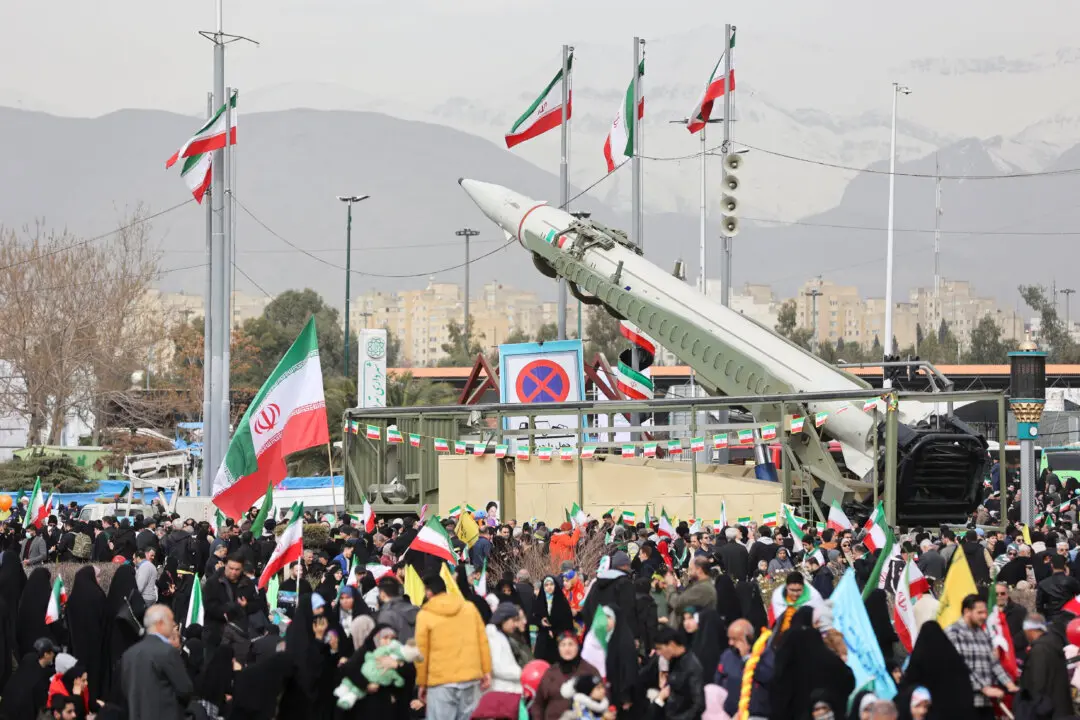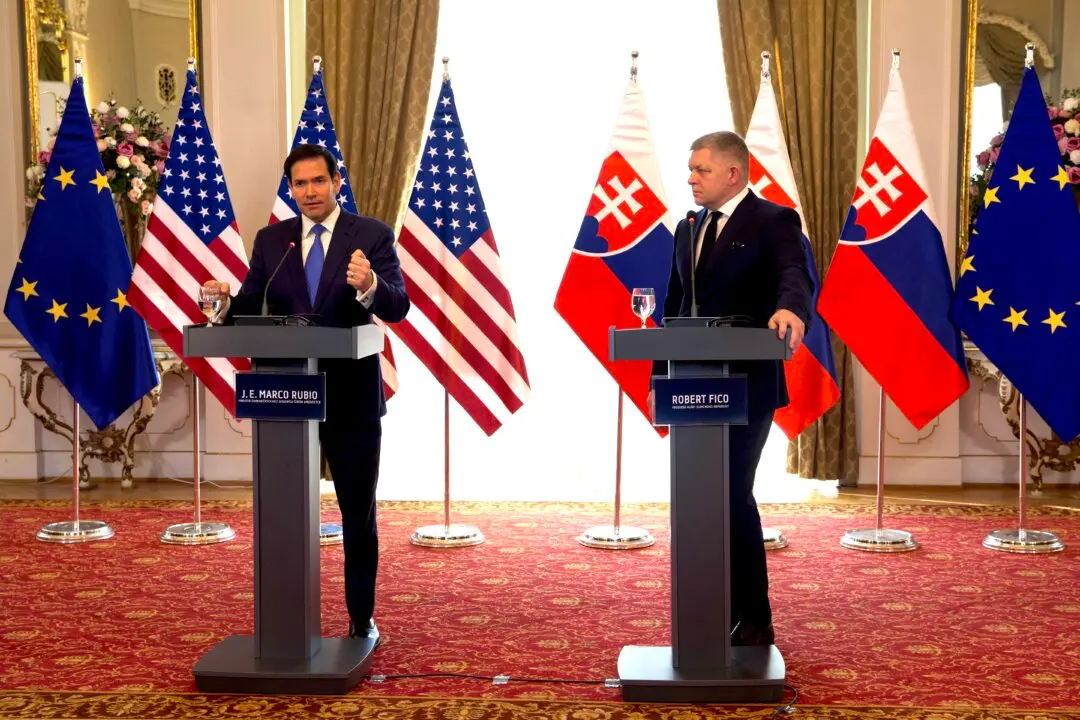President Donald Trump said on April 10 that during negotiations with U.S. trading partners, his administration may reach out to the law firms that struck deals with him after his executive orders threatened to revoke their government contracts and security clearances.
Trump made the comments during a Cabinet meeting on Thursday.





